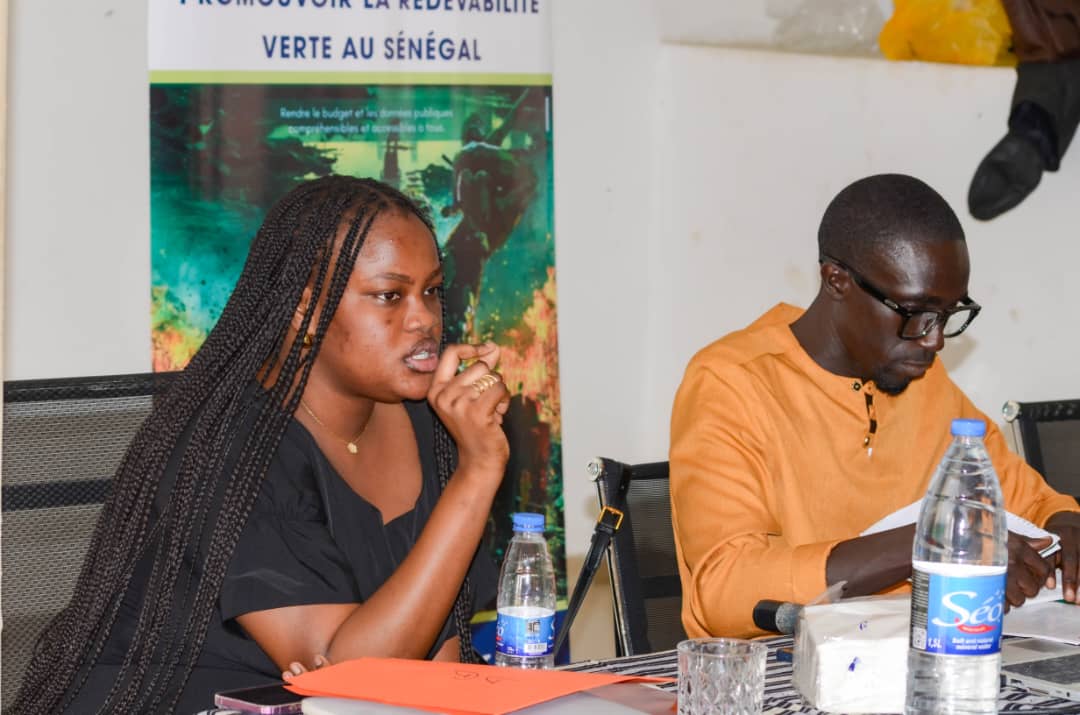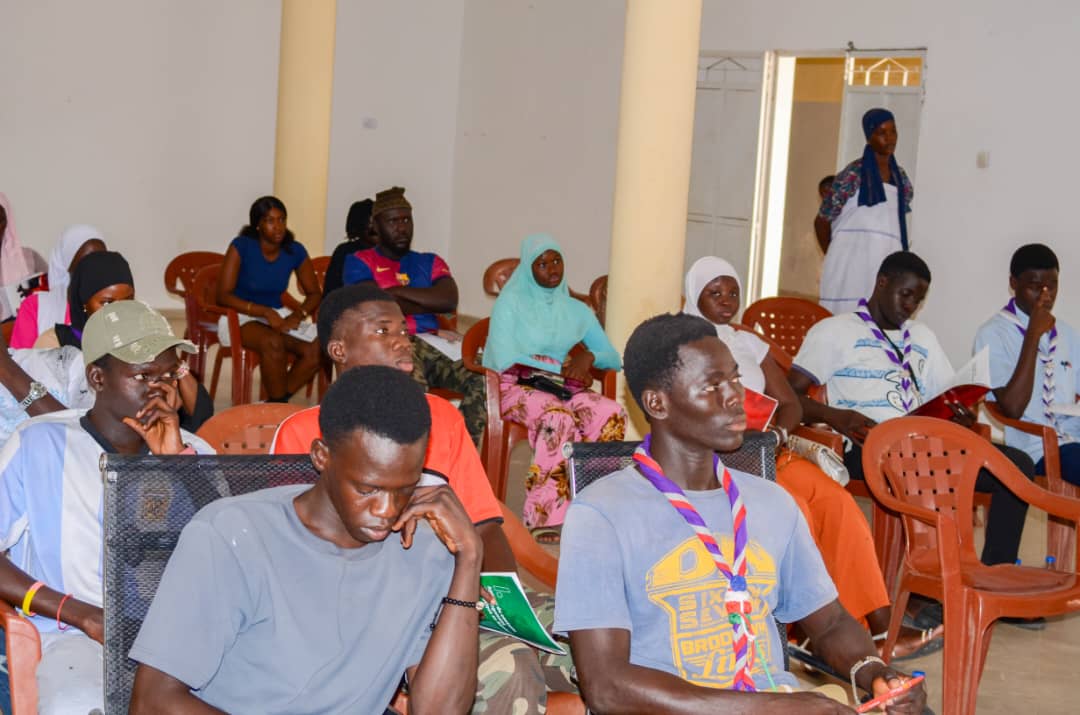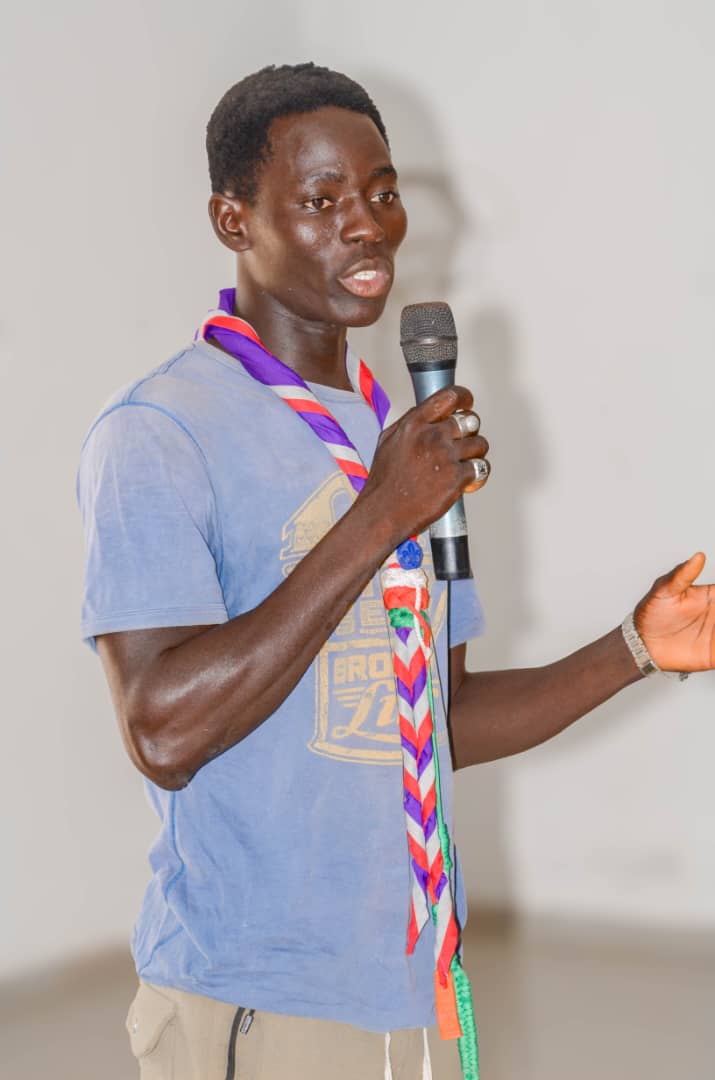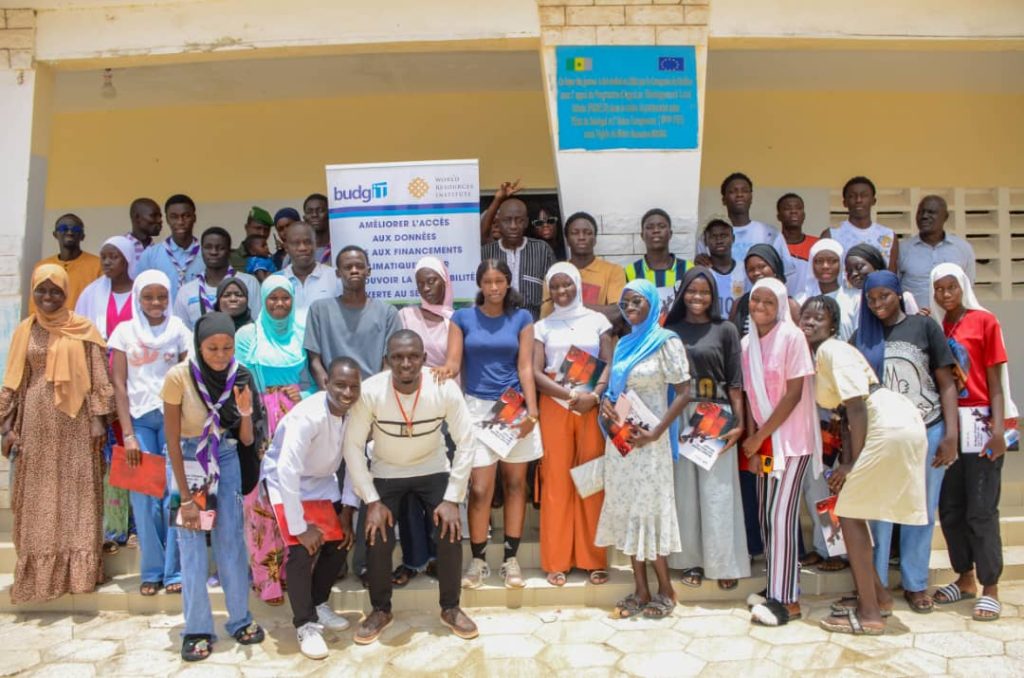On July 26, the International Day for the Conservation of the Mangrove Ecosystem, BudgIT Senegal held its final community session in Diofior as part of the Green Accountability project supported by the World Resources Institute (WRI). A symbolic date, a strategic location, and a troubling reality: the mangroves of Fatick are in distress, and public action is lagging behind.
Despite the announced funding and projects listed in official documents, the reality on the ground remains disappointing. Many initiatives supported by major donors were never implemented, leaving local communities alone to deal with the impacts of climate change.

Yet amid this atmosphere of frustration, a glimmer of hope in the form of civic engagement emerged from the local youth. The young members of the Diofior Youth Center, highly active in protecting their environment, showed up in full force for this unique gathering. Some pressing issues discussed include the green budget, collective reflection on environmental governance, and open dialogue on climate green financing.
Mr. Basse, a life and earth sciences teacher at Fimela middle school, did not hide his emotion:
“It always saddens me to see so much funding that leads to nothing. It sickens me to watch the mangrove I grew up with slowly die while no one is held accountable.”

Babacar Diom, the new BudgIT Senegal community champion in Fatick, also spoke candidly:
“We, the youth of Diofior, have never participated in such an enlightening meeting. And here’s the proof: none of us even knows the Fatick budget for 2025, let alone what funds the State has allocated for environmental issues.”
These clear, committed voices gave full meaning to this final step of the project. They remind us that budget transparency cannot remain a technical or distant matter. It must take root where the challenges are lived daily, on the ground.

What Comes Next?
This final session in Diofior may have closed the chapter on community meetings, but the story of civic engagement is far from over. As part of the ongoing Green Accountability project, residents will soon be able to use the Tracka platform to monitor public projects and demand greater transparency. The voices heard in Diofior have shown that when communities are informed, they are ready to act. This is only the beginning.
